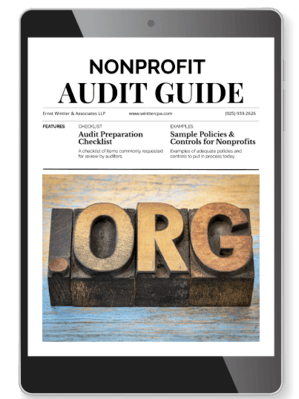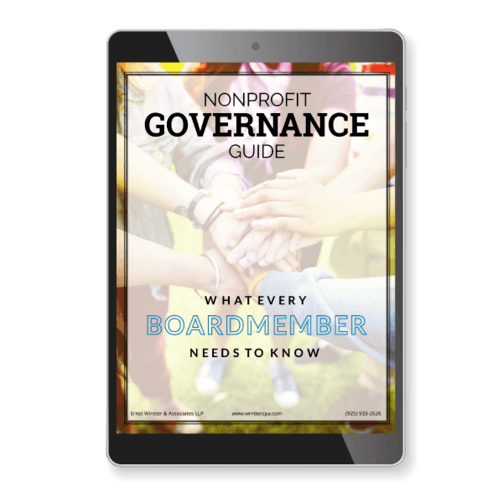Mistakes happen – managing a non-profit is too complex for there not to be. Some errors are harder to fix than others, and it’s important to focus on minimizing potential mistakes that would cause your non-profit to lose precious financial resources. This includes accurately managing non-profit accounting and tax reporting requirements. Here is an overview of very common errors that most non-profits don’t realize they are doing. Addressing Challenges: Non-profits in tax trouble. Navigate issues with expert insights, ensuring compliance and financial stability for your organization.
Misclassifying Employees
In addition to a solid corps of volunteers, many non-profits also rely on full-time and part-time employees and independent contractors. For the employer, each type of employee has their corresponding tax obligations. While employers are required to withhold and pay various payroll taxes on full and part-time employees, they do not confront the same requirements for independent contractors. The relative leniency of this employment designation may tempt non-profits to classify more of their workforce as independent contractors, but should do so with caution. If the IRS can make the case that your independent contractor is more accurately classified as an employee, your non-profit could face financial consequences.
Underreporting Unrelated Business Income
The tax code is full of important details cloaked in jargon that can be easily overlooked or misunderstood, and unrelated business income (UBI) is one that regularly trips up non-profits. IRS officials have cited “failing to consider obvious and subtle” UBI tax issues as the biggest tax mistake non-profits make, as many underreport UBI or fail to do so entirely. For example, if a non-profit owns a commercial property and rents a portion of it to an entity that is unrelated to the non-profit, they will likely need to report that income as UBI in their taxes, even if they still are in debt on the property. Be sure to follow guidance in IRS Publication 598, Tax on Unrelated Business Income of Exempt Organizations. And if you need more help, consult a tax expert with non-profit expertise. Non-Profits in Tax Trouble: Navigating Challenges for Financial Stability
Underdeveloped Accounting Systems
It is important to consistently and precisely document all financial transactions that your non-profit handles. One essential element of doing this is codifying your accounting processes, so individual employees can rely on a detailed accounting manual to guide their decisions when problems arise or an unfamiliar situation presents itself. Many non-profits also rely on accounting software to aid in their documentation, but still should not be passive about their accounting. Your staff should always double-check entries and reconcile bank accounts to ensure that transactions entered into accounting software are complete and accurate. Lastly, after you’ve set up your accounting processes and they are providing consistent, accurate outcomes, it is important to insure that work by backing it up. If your non-profit experiences a fire, theft, or an IT catastrophe, your tax and accounting information could be vulnerable. This data should be backed up automatically and frequently using cloud-based or other offsite storage solutions. If your accounting and tax policies and processes aren’t quite up to snuff and potentially put your organization at risk of making serious errors, don’t despair. We can help you address these shortcomings.
Ernst Wintter & Associates LLP specializes
in California non-profit audits and tax preparation. Contact us today for help with your
non-profit audit or tax prep needs.








